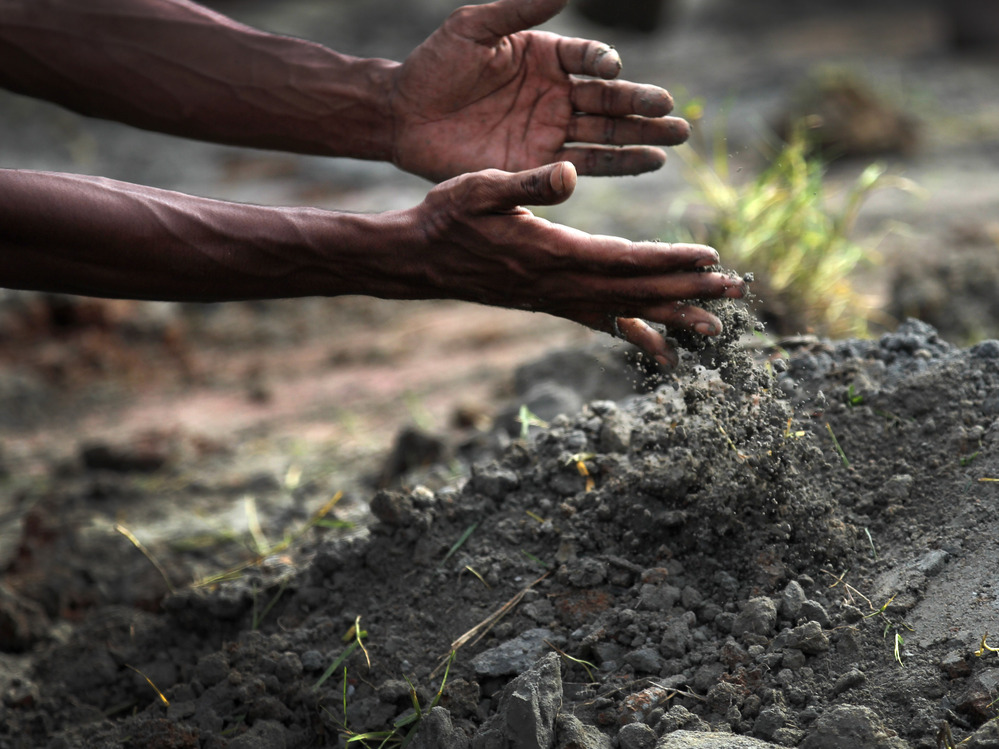Police used stun grenades and rubber bullets to disperse a Sunday protest organised by the group Hefazat-e Islam.
But there were later running battles throughout Sunday and into Monday in areas across the city.
Tens of thousands of Islamists had gathered in the city to call for stronger Islamic policies.
Rioters went on to set fire to shops and vehicles.
'Very aggressive'Central Dhaka was reported to be calm following a day and night of violence.
Police said a ban had been imposed on all rallies and protests in the city until midnight on Monday to prevent a repeat of the clashes.
Continue reading the main story A tightly-knit coalition of a dozen or so Islamist groups, pushing to change Bangladesh's secular culture via imposition of what it sees as proper Islamic waysRose to prominence in Feb 2013, rallying against a campaign that demanded the death penalty for an Islamist leader convicted of war crimes Support drawn from religious schools across BangladeshHas 13-point charter of demands including exemplary punishment to those who "insult Islam".Thousands of Islamist activists were seen fleeing the Motijheel area of Dhaka on Sunday as police moved in to take control of the area.Having secured the business district by the early hours of Monday, the police said officers were searching for protesters hiding in nearby buildings.
The area around the city centre's largest mosque had turned into a battleground as police reacted to stone-throwing rioters with tear gas, stun grenades, rubber bullets and truncheons.
Clashes also broke out in Kanchpur on the south-eastern outskirts of Dhaka.
There were varying reports of the number of dead and injured, but police have confirmed that two officers and a member of the security forces were among the dead in Kanchpur.
One witness who watched events unfold from a rooftop in central Dhaka said the demonstrators "were very aggressive, some people were throwing stones and the situation quickly become violent... the police had no option but to respond".
"Rioters vandalized markets and set fire to bookshops where the Holy Koran is sold. Thousands of Koran and religious books burned. They also attacked the ruling party's political office and national mosque," he told the BBC.
The bank employee, who asked not to named, said many people in Dhaka were angry about the violence, particularly as the city is still mourning the recent loss of more than 600 workers in a building collapse.
"I am Muslim and 90% of the population is Muslim too but the protesters do not represent our views," he said.
'Hang atheists'On Sunday, crowds of protesters blocked main roads, isolating Dhaka from other parts of the country.
Dhaka's Daily Star newspaper reported that the group hired at least 3,000 vehicles, including buses, lorries and minibuses to bring demonstrators into the capital, while others travelled there by train.
Chanting "Allahu Akbar!" ("God is greatest!") and "One point! One demand! Atheists must be hanged", the activists marched down at least six main roads as they headed for Motijheel, AFP news agency reported.
Continue reading the main story Hefazat-e Islam - a coalition of around a dozen Islamist organisations - is seeking to impose a stricter form of Islam on Bangladeshi society.The movement, which draws its strength from the country's madrassas, or religious schools, has issued a 13-point charter of demands, including greater segregation of men and women.
Its opposition to a national development policy for women has angered women's groups.
The government, which describes Bangladesh as a secular democracy, has rejected Hefazat-e Islam's demand for a new law on blasphemy.
Prime Minister Sheikh Hasina said current legislation was adequate.
Muslims make up nearly 90% of the country's population, with the rest mostly Hindus.
 A man pours earth Wednesday onto a grave of one of the workers who died last week in the building collapse in Bangladesh.Wong Maye-E/AP
A man pours earth Wednesday onto a grave of one of the workers who died last week in the building collapse in Bangladesh.Wong Maye-E/AP